
It is somehow very easy to slip out of your good eating habits as soon as your out of your normal routine; think holidays, christmas or even just a weekend socialising with the family and friends, let alone a weekend away of 3 meals-a-day plus snacks in between. Why is it then so hard to get back on track, despite your resolve?
You’ve decided to get back on track with your new healthy eating regime and suddenly, disaster strikes….the smell of fresh coffee has wafted past you as you queue for your usual morning pick-me-up and you’ve succumbed to the temptation of an almond croissant to accompany your breakfast cappuccino or you’ve eaten a second sticky sweet treat that your colleague has brought back from their recent holiday. Worse still, you eat another and another, accepting you’ve now ‘blown’ your diet and are now free to eat all those goodies you’ve been avoiding so far, until you start afresh the following day.
Sound familiar?
You are not alone and it is quite common to fall at this hurdle; your good intentions de-railed, just as your day kicks off
An unhealthy morning of breakfast treats doesn’t mean your new healthy regime is over.
There is another way to approach this.
If you find yourself binge eating before the day has barely begun, here’s how to get back on track fast.
First and foremost, by no means have you blown it. You’ve simply overdone it and all too often, you can be your own worst enemy and reprimand yourself too harshly for such lapses. Instead, be honest and acknowledge this lapse and consider how you can compensate and get back on track as quickly as possible – TODAY.
Here are five ways to make sure you don’t accept defeat so easily and ensure you stay on track in the event of such setbacks:
-
Keep your fluids up
Starting your day with sugary treats means a significant calorie intake. You will have to account for the additional intake and assume this to be your meal, albeit not a satisfying or nutritious one. In addition the high sugar intake will play havoc with your blood sugar balance, increasing the likelihood of cravings kicking in mid morning.
Drink plenty of fluids such as herbal teaThese will be hard to overcome. However, to help you avoid eating anything else until lunchtime, drink plenty of fluids; water or herbal teas, including green tea, are ideal and keep topping up throughout the morning. Thirst can often be mistaken for hunger and it is quite easy to reach for a snack when a drink will satisfy instead. -
Burn some calories
Go for a brisk walk or if you have the time, a short workout before your lunch. If you’re at work, then plan a short walk, even if it’s just for 5-10 minutes before you eat your lunch. Nothing is more satisfying than the feeling that you are burning off those unwanted calories.
-
Exercise limits calorie consumption
In addition, recent research by scientists at Loughborough University has shown exercise to be effective in limiting calorie consumption, and contrary to previous belief, does not make you hungrier or encourage you to eat more; at least in the hours immediately following exercise. This will help you not to overeat at lunchtime and therefore help to offset some of the morning’s excess calorie intake.
-
Plan a filling lunch
You may be tempted to avoid lunch to compensate for the morning’s excess. This is not advisable, as it is will be difficult to last until your evening meal and are more likely to grab a quick, convenient snack that may not be carefully considered. At lunchtime, ensure your choices are healthy and nutritious and take care to avoid any refined carbohydrates, such as bread, rice or pasta. Limiting these foods for this meal will help to offset the additional morning calorie intake.
-
Protein and fibre will keep hunger at bay
However, to avoid getting hungry later in the afternoon, it is important that you include good, lean protein along with 2-3 portions of fibre-rich vegetables. Proteins are complex nutrients and take a long time in the digestive process. Thus, they will satiate, keeping you fuller for longer. A meal with plenty of fibre will add bulk up your meal and also help to stave off hunger pangs.
MORE: 6 Lunch mistakes that are making you fat
If you’re eating at the work restaurant or canteen, choose the meal of the day if it is a roast, grilled or baked meat/fish and ask for additional vegetables instead of the carbohydrate choice on offer, such as potatoes or rice. If you’re choosing a salad, don’t forget to include some lean ham, boiled egg or tuna and avoid salads that are pasta or rice based, instead opting for salads that use beans and pulses or lentils as a base. These are vegetarian protein sources as well as providing good fibre and thus more satisfying. Focus on these same principles; lean protein with 2-3 portions of vegetables, if you’re choosing a take out lunch or indeed eating at home.
-
Buy nutritious dinner ingredients
If you haven’t already planned a healthy dinner, take the time to consider your evening choice carefully. Stay focused on ensuring a good meal by browsing for a new recipe or make sure you head to the supermarket before you arrive home, so that you can easily prepare a healthy meal. As with lunch, your choice should focus on good quality protein, such as meat, fish, chicken, eggs, quinoa or beans/lentils along with 2-3 portions of vegetables. If you prefer a salad, aim to include at least 5 varieties; for example; rocket or watercress, tomato, cucumber, carrot, radish or peppers.

Delicious!
Try this delicious protein and vegetable combination; Vegan Thai Green Curry for a quick and easy satisfying supper
-
Start a food diary
Research shows that writing down the foods you eat and how much you’re eating will help you to achieve your weight loss goals. Keeping a visual record not only encourages you to register your food intake, but also forces you to take responsibility for your choices. It is important to note your entire food intake, including those that are not the best choices, as this will encourage better choices next time and help you stay on track. Being accountable (to yourself) increases your awareness and helps you to focus on making healthier choices.
So, you’ve got to the end of the day, having regained control. You will now be motivated to commit to a staying on track and make a fresh start the following day. Taking control of your health and wellbeing will help you stay positive and avoid feeling despondent if you lapse early in the day. Stay mindful of your choices and health goals and aim for sustainable progress rather than perfection.
I originally wrote this article for Healthista



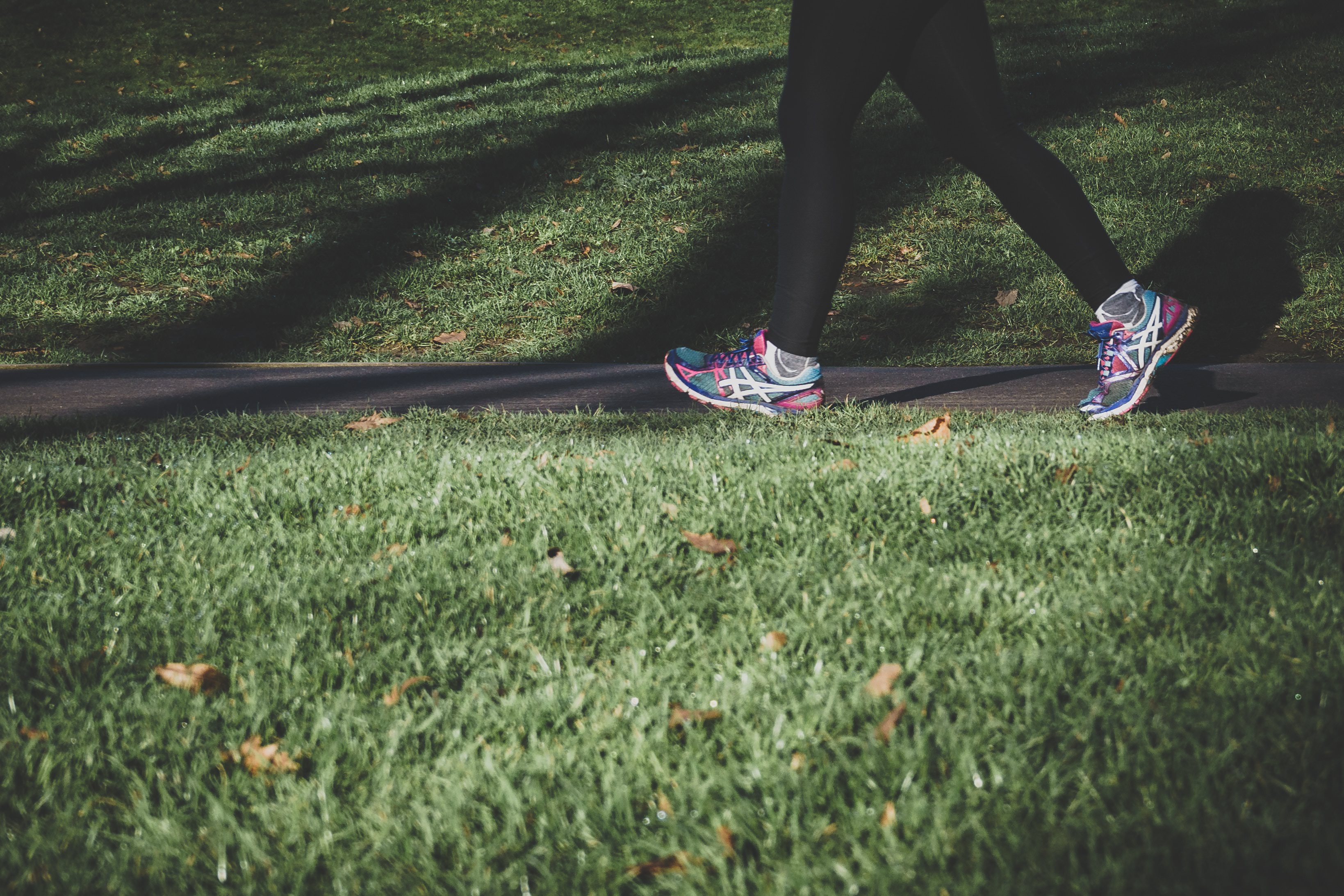
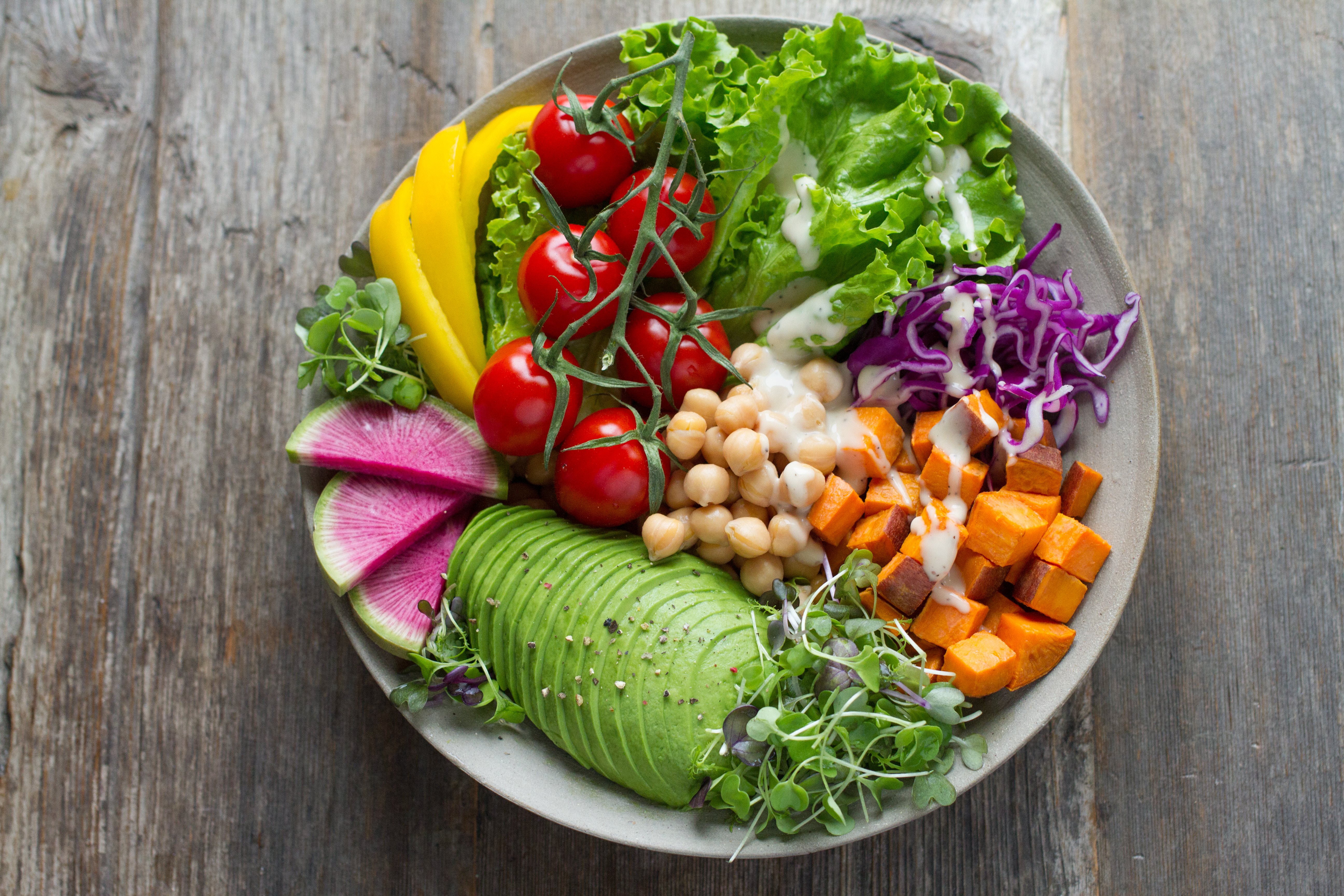

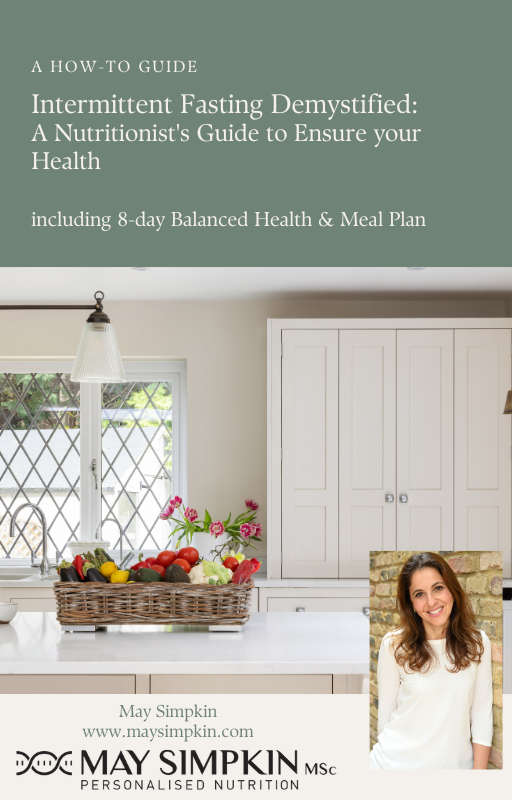
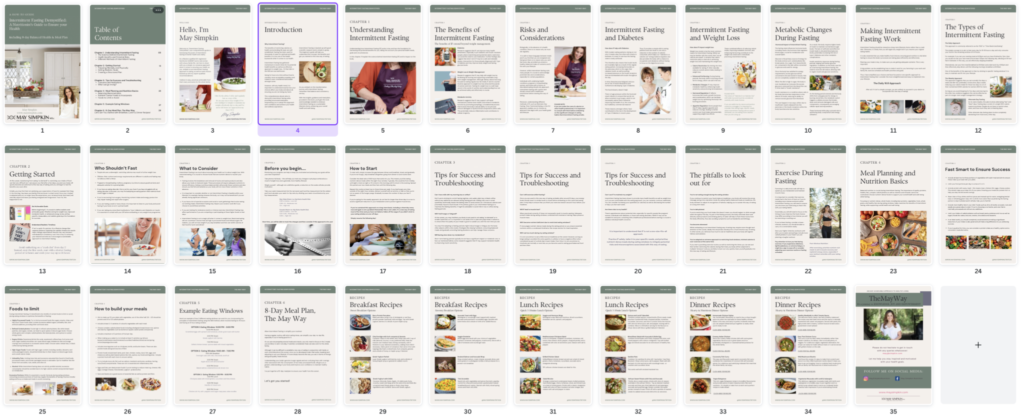



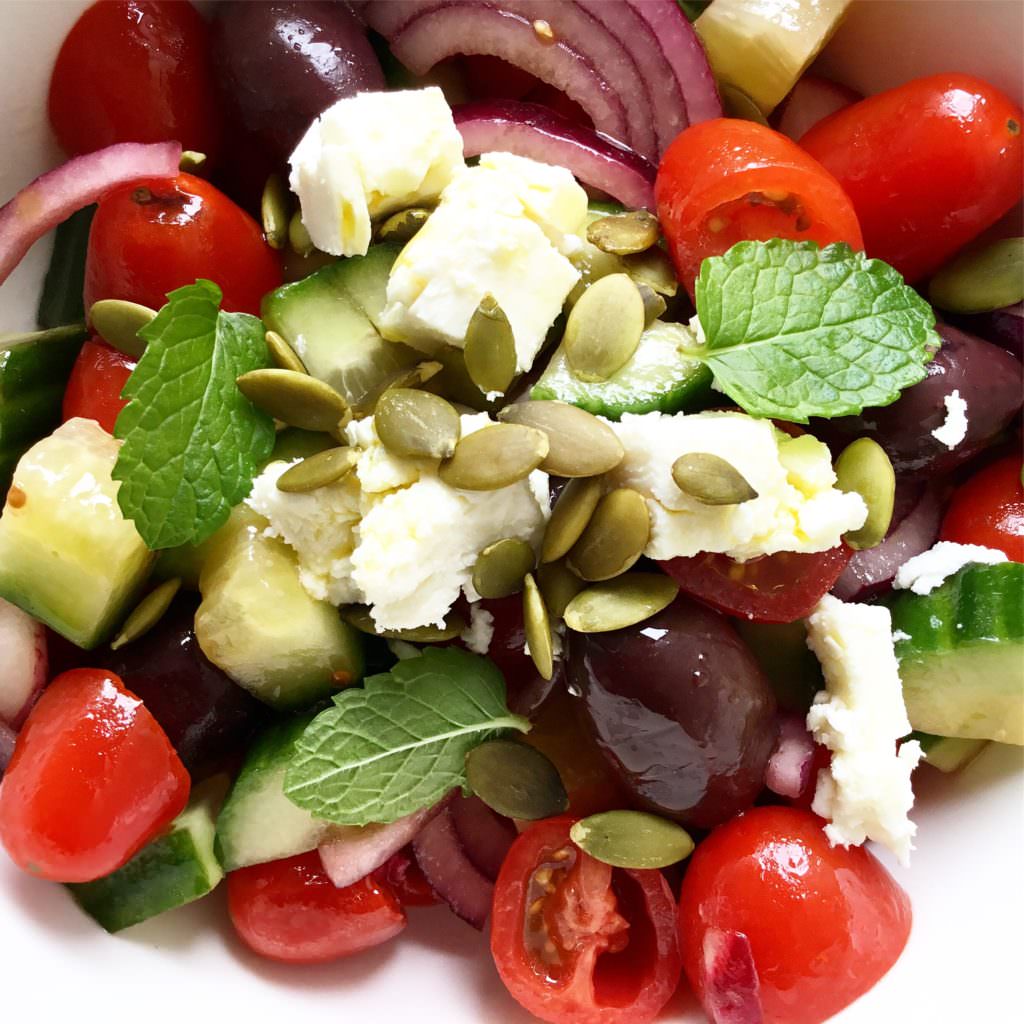
0 Comments